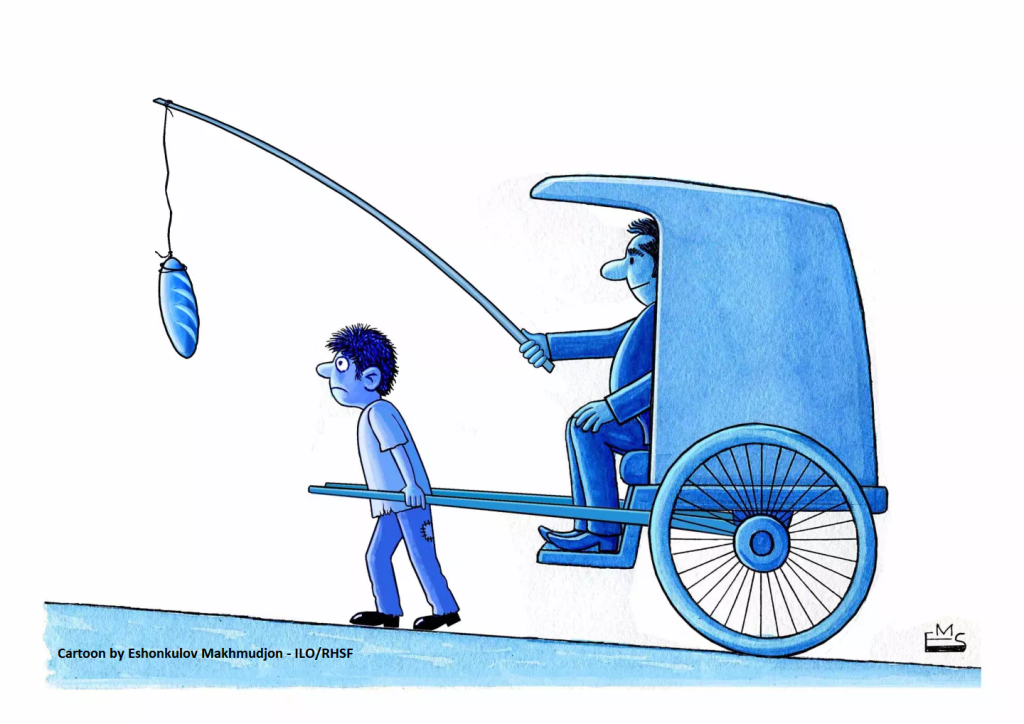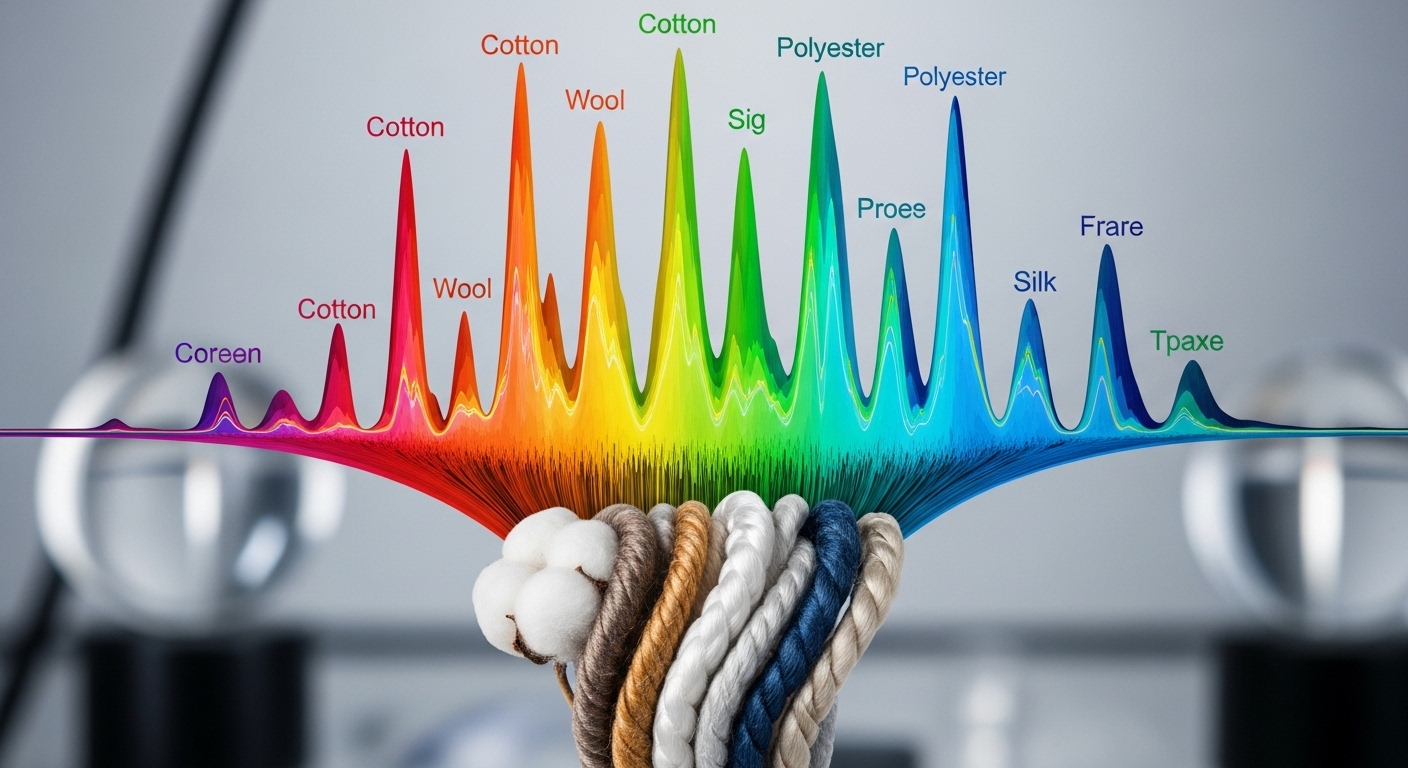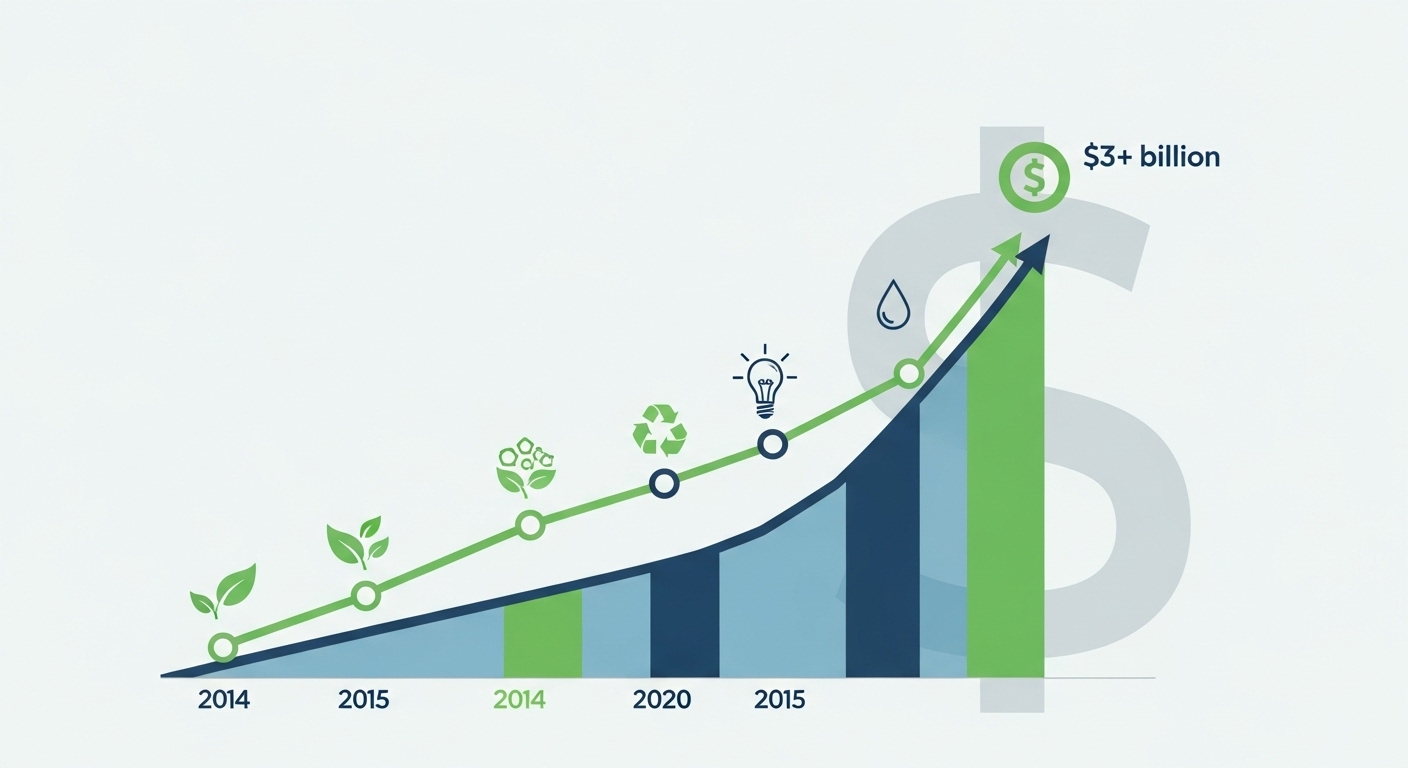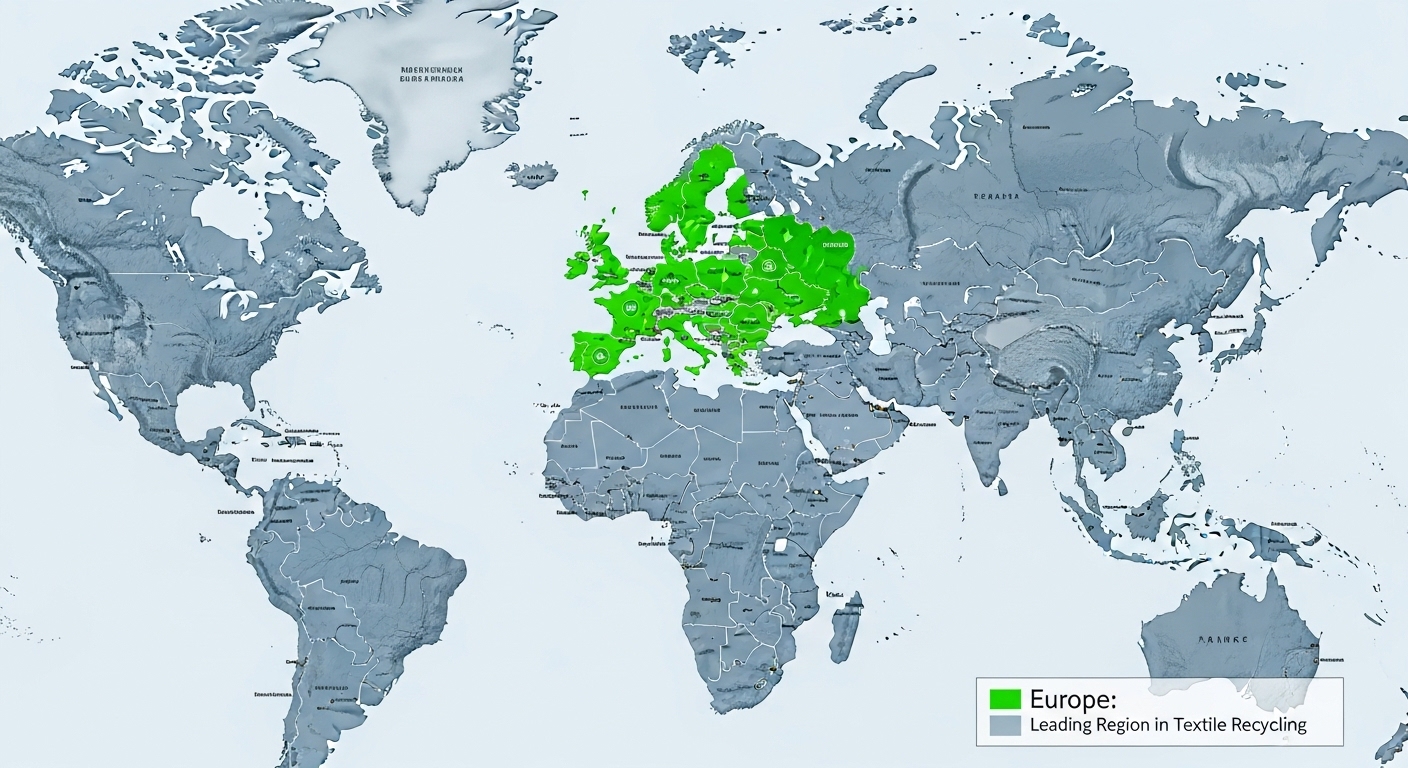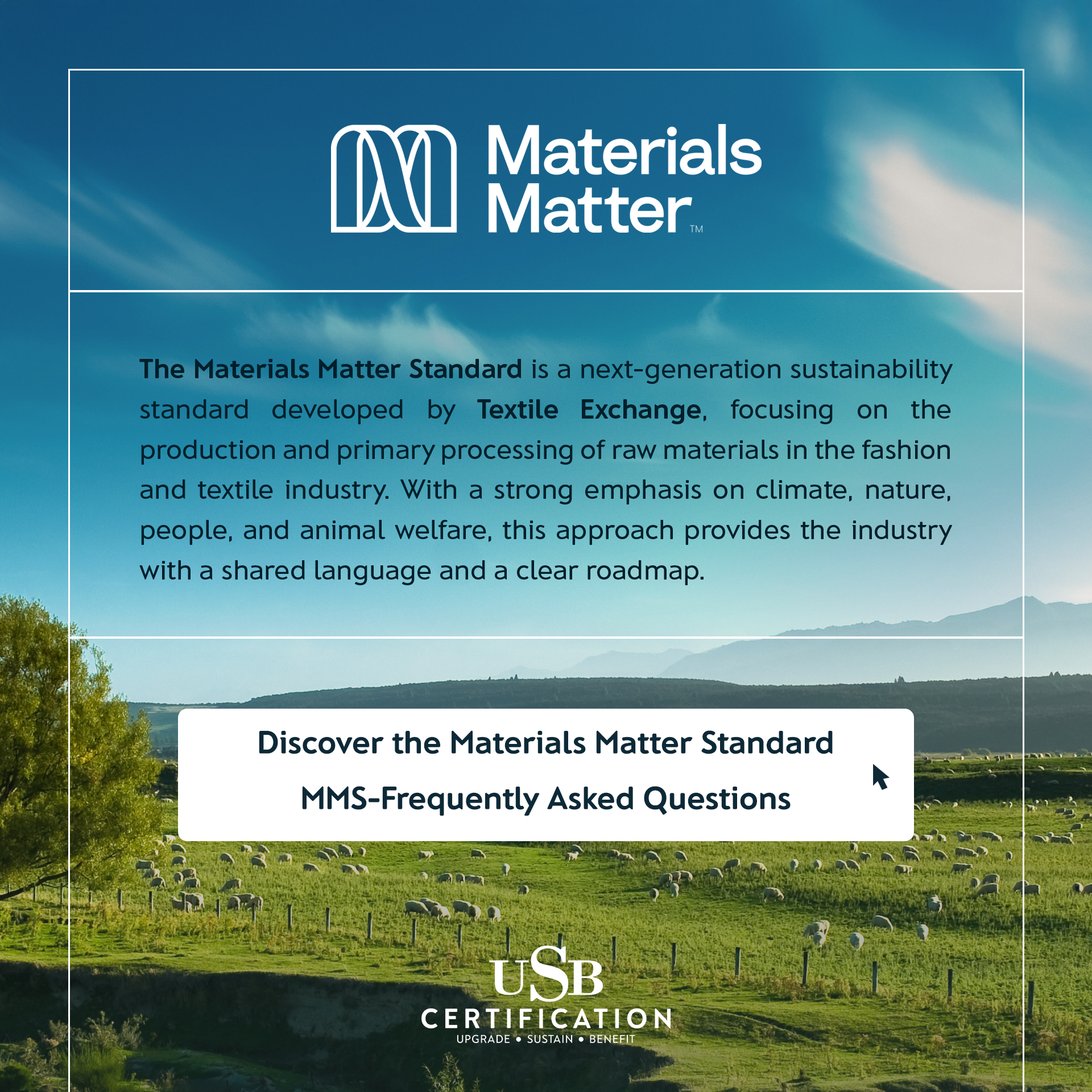The European Union (EU) has reinforced its commitment to human rights by banning products made with forced labor from entering or being exported from the EU market. Regulation 2024/3015, adopted on November 27, 2024, represents a significant step toward strengthening ethical standards in global trade.
Purpose and Scope of the Regulation
With this regulation, the EU aims to support fair market practices and eliminate forced labor-based production processes. The ban applies to all products manufactured, imported, or exported within the EU, ensuring they are free from forced labor.
Definition of Forced Labor
Forced labor is defined, according to the International Labour Organization’s (ILO) Convention No. 29, as work performed involuntarily under threat or coercion. State-imposed forced labor, as outlined in ILO Convention No. 105, is also covered under the ban.
Implementation and Monitoring Mechanisms
EU member states will appoint specialized authorities to enforce the regulation effectively. These authorities will investigate suspicious products and remove any violating items from the market. Economic operators are required to ensure and prove that their supply chains are free from forced labor, with a focus on transparency and risk assessment.
Sanctions and Implications
The ban is expected to drive significant changes in global supply chains. Member states’ authorities are empowered to remove non-compliant products from the market and halt their trade. This regulation aims to promote ethical business practices and create a more humane global trade environment.
EU’s Global Leadership
With this bold action, the EU seeks to protect its market while enhancing respect for human rights. The regulation is a landmark move that could inspire other countries to adopt similar measures, furthering the global fight against forced labor.

